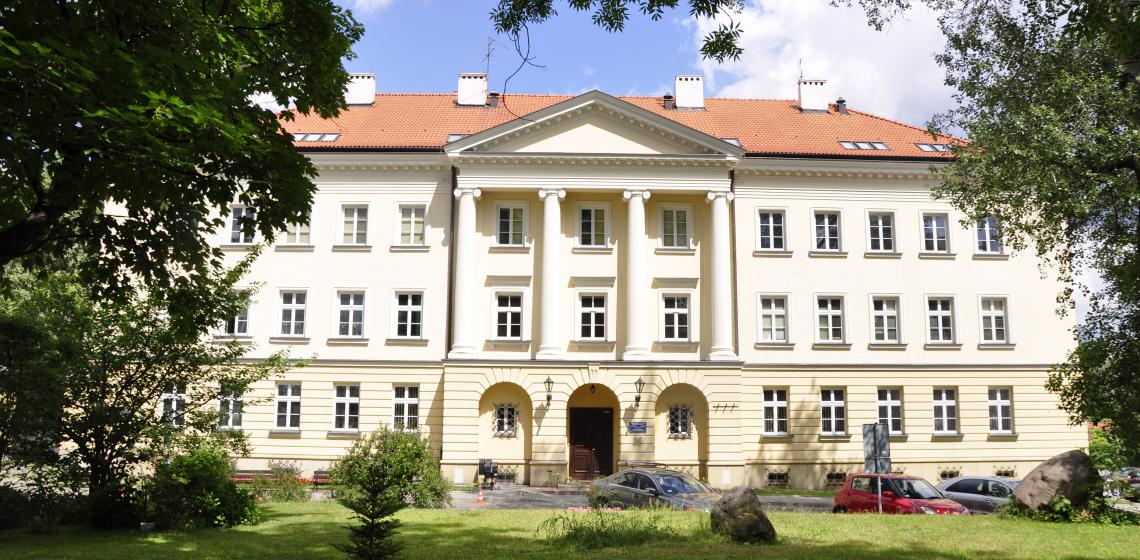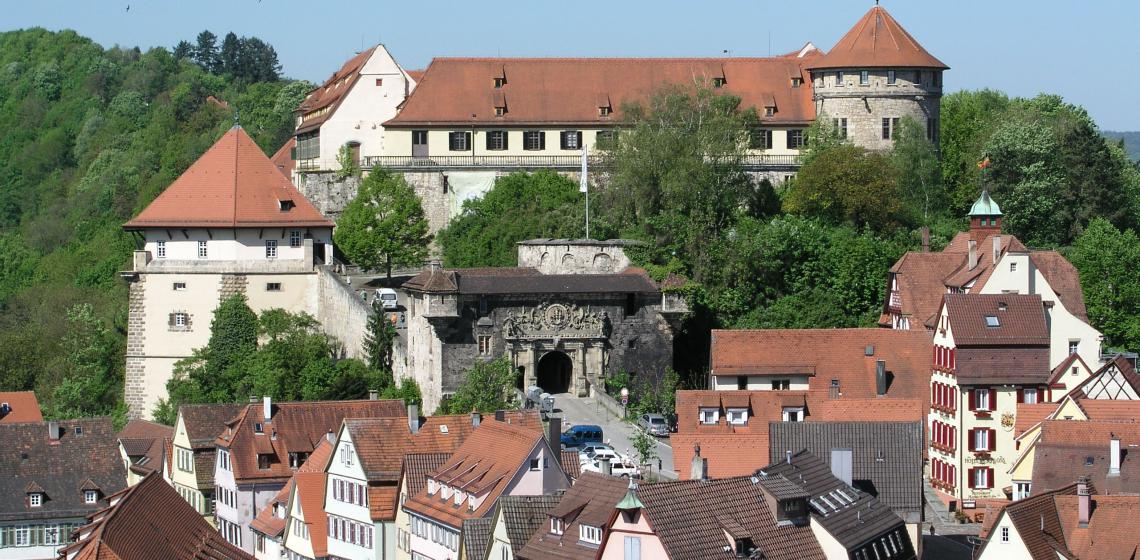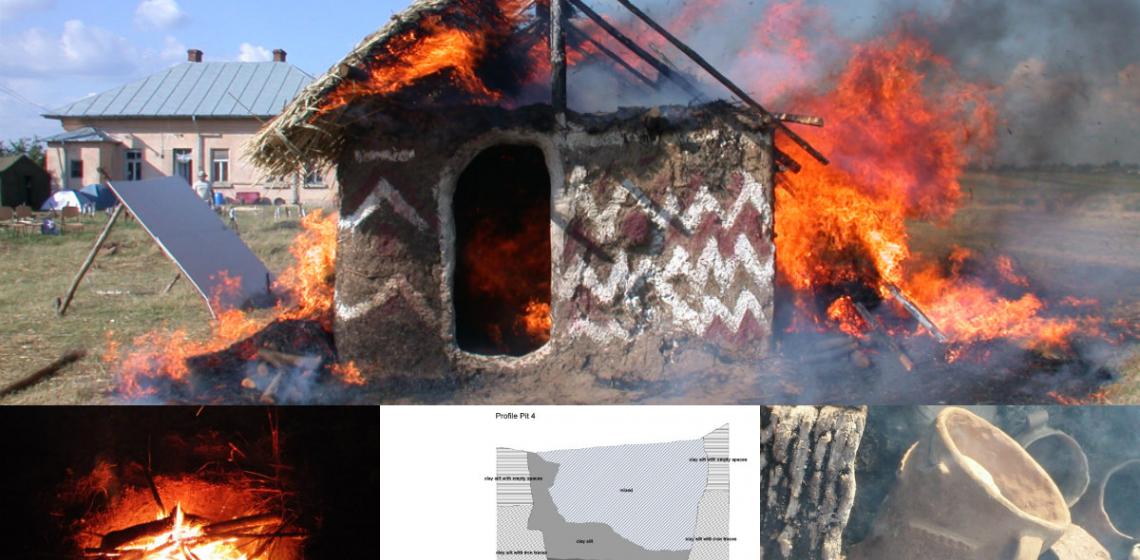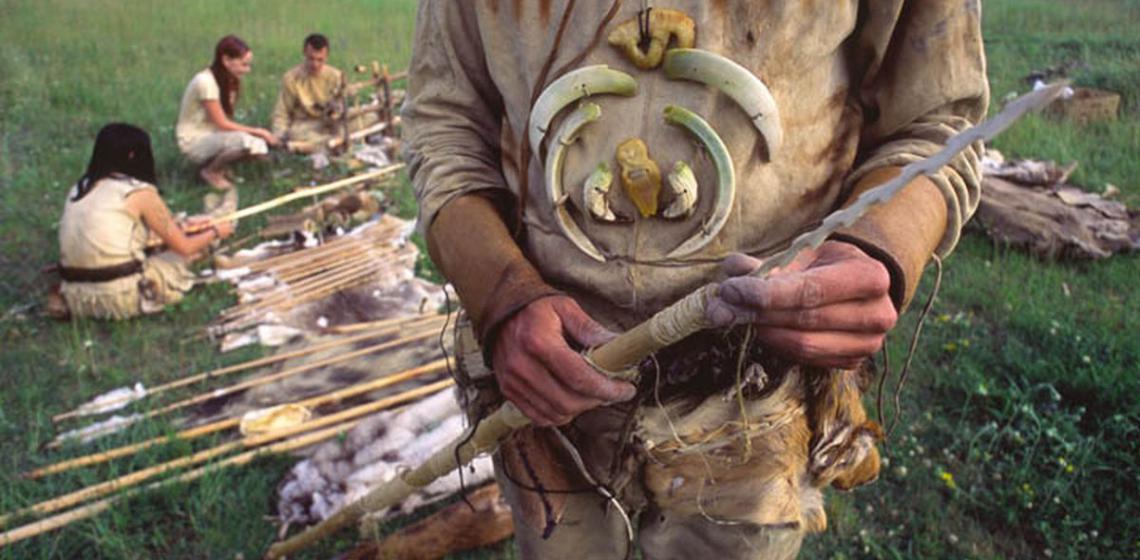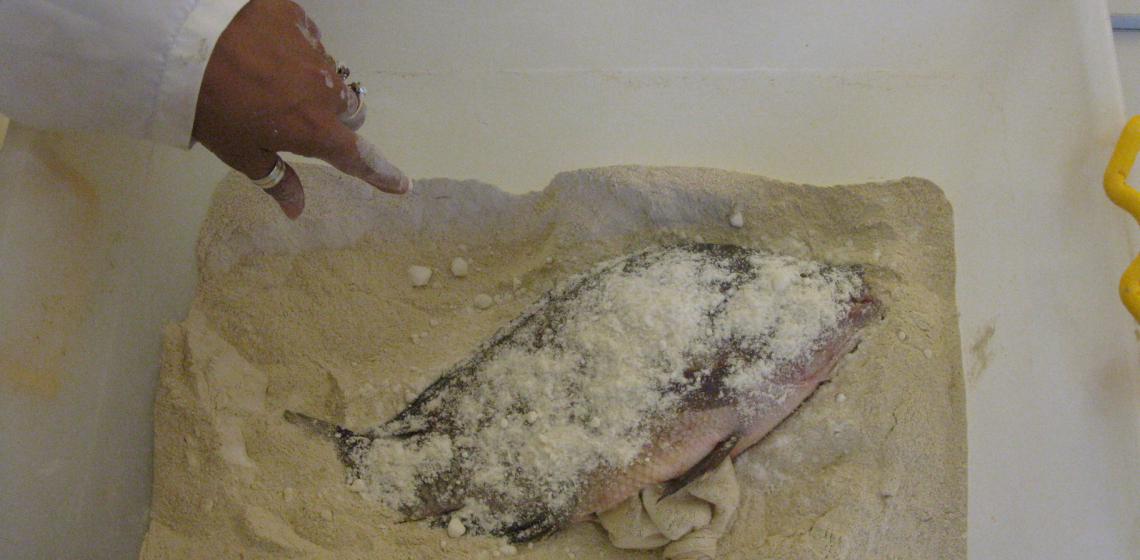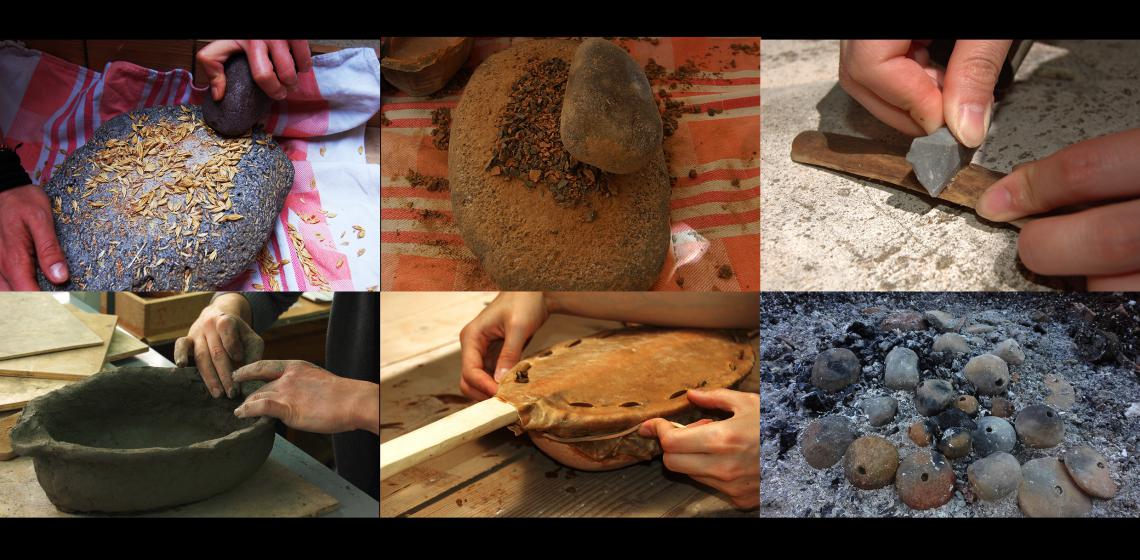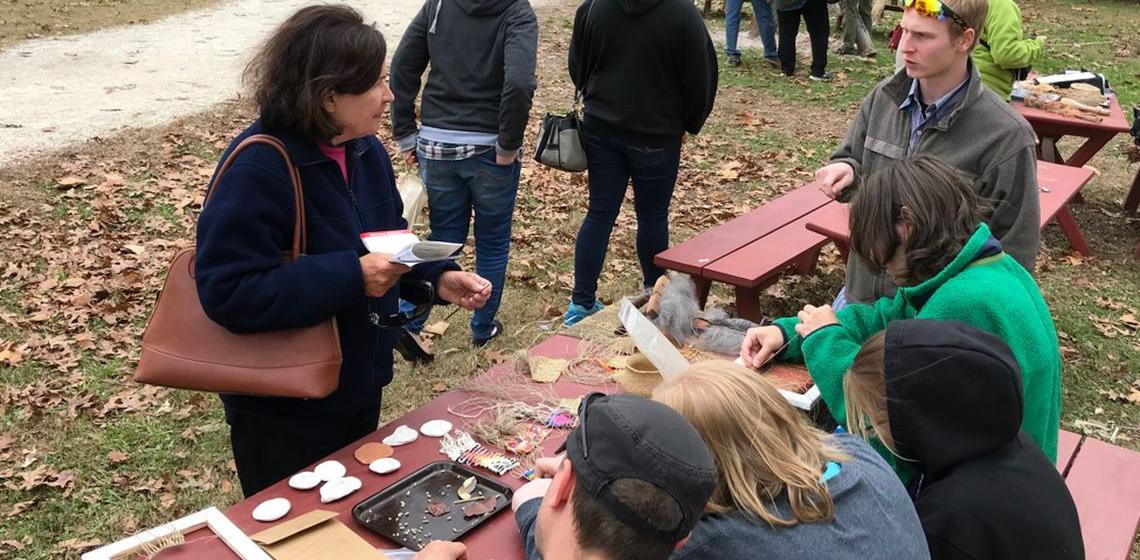Uniwersytet Warszawski (PL)
The University of Warsaw established in 1816, is the largest university in Poland. It employs over 6,000 staff including over 3,100 academic educators. It provides graduate courses for 53,000 students (on top of over 9,200 postgraduate and doctoral candidates). The University offers some 37 different fields of study, 18 faculties and over 100 specializations in Humanities, technical as well as Natural Sciences.
Institute of Archaeology
The Institute of Archaeology at University of Warsaw is the largest academic institution of its kind in Poland and one of the largest in the world. It is divided into 17 Departments and 7 Laboratories. The Institute hires c. 100 staff, including researchers, lecturers, technicians and administrators. We teach about almost every branch of modern archaeology and related sciences to over 1500 students from different areas of study.

